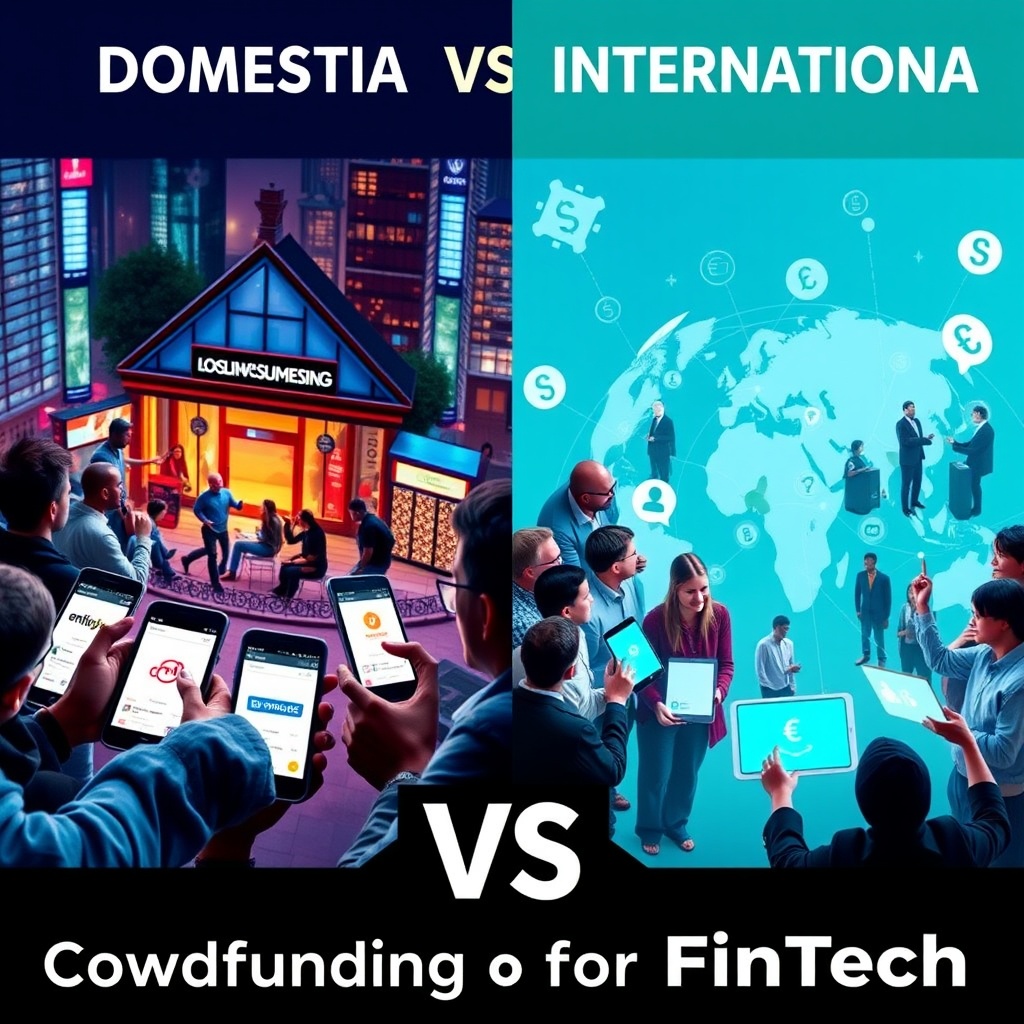Understanding the Terrain of Crowdfunding
In a world where finance meets technology, crowdfunding has emerged as a game-changer for startups, particularly in the FinTech sector. But the question looms: Should you focus your efforts domestically, or is the international stage where the real opportunities lie? Understanding the nuances of both avenues is crucial for making an informed decision that could propel your business forward.
Local Insights vs. Global Reach
When considering your crowdfunding strategy, it’s essential to weigh the benefits of local insights against the allure of a global audience. Domestic crowdfunding platforms often provide a more intimate understanding of local market dynamics, regulatory environments, and consumer behavior. This familiarity can be invaluable in fine-tuning your product and marketing strategies.
On the flip side, international crowdfunding opens the door to a vast pool of potential investors and supporters. The global market is teeming with individuals eager to invest in innovative FinTech solutions. However, navigating international regulations, cultural differences, and varying market demands can be daunting.
The Pros and Cons at a Glance
To help you visualize the advantages and challenges of both domestic and international crowdfunding, here’s a comparative overview:
- Domestic Crowdfunding: Focused audience, easier communication, localized regulatory compliance.
- International Crowdfunding: Wider reach, diverse funding sources, potential for higher visibility.
Crafting Your Strategy
Ultimately, the choice between domestic and international crowdfunding should align with your business goals, product offering, and market readiness. Conduct thorough research, engage with potential investors, and assess your capacity to manage the complexities of international funding. Remember, in the world of FinTech, innovation is key, but so is the strategy behind it.



